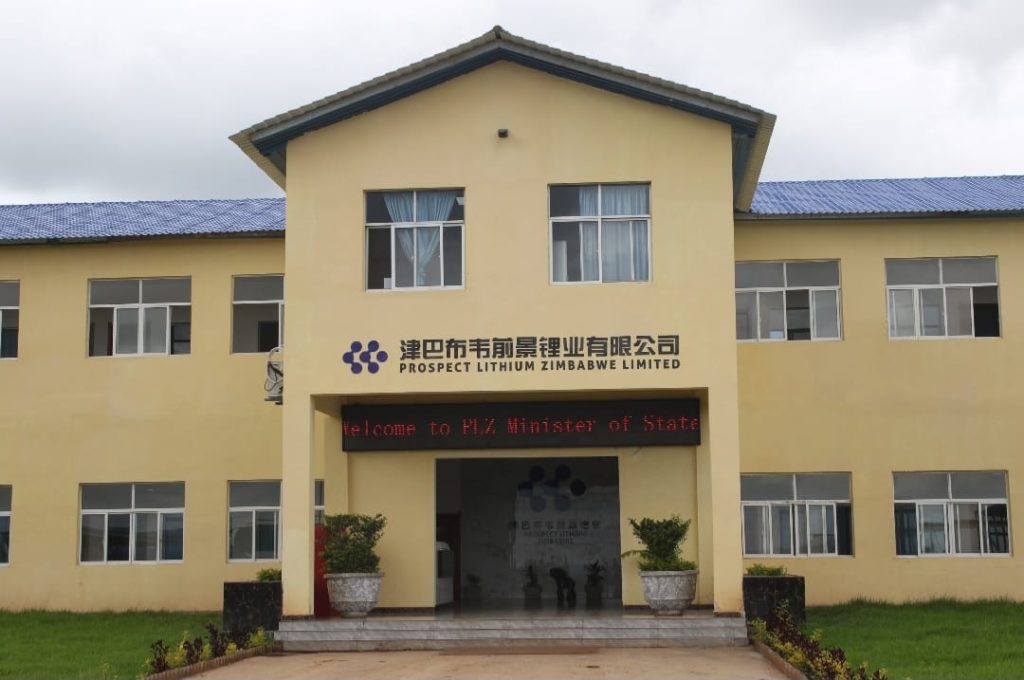Mining Correspondent
Prospect Lithium Zimbabwe (PLZ), the owner of the Arcadia lithium mine in Goromonzi announced that it produced approximately 280,000 tonnes of lithium concentrate in 2023.
The company is now planning to double its production for the year 2024 despite facing challenges due to the softening commodity prices affecting its plans.
Henry Zhu, the General Manager of PLZ, spoke to Digital Telegraph about the company’s production achievements and plans.
He acknowledged the production of around 280,000 tons of concentrate in 2023 but highlighted the difficulties posed by the low lithium price in formulating the 2024 plan.
“We produced around 280,000 tons of concentrate. We are working on the 2024 plan. But it’s a big challenge because of the low price,” Zhu explained.
Last year, Prospect Resources concluded a share sale agreement with China’s Huayou International Mining, resulting in an upfront cash consideration of US$377.8 million for an 87 percent stake in Prospect Lithium Zimbabwe.
Subsequently, a processing plant worth US$300 million was installed at the Arcadia mine, and lithium concentrate exports commenced towards the end of April.
The PLZ processing plant can process 4.5 million tonnes of lithium ore annually, yielding 450,000 tonnes of concentrate.
Currently, the company employs over 2,500 local Zimbabwean individuals, including contractors and sub-contractors.
PLZ has invested over US$700 million in acquiring and developing the mine with the expectation of reaping profits from its investment within the next three years.
In addition to its mining activities, PLZ is committed to corporate social responsibility (CSR) initiatives.
The company is implementing community health intervention programs to improve access to healthcare facilities in Goromonzi and the wider country.
Furthermore, PLZ is undertaking sustainable environmental management practices to minimize the environmental impact associated with lithium mining and processing.
Mr Henry expressed that PLZ chose to invest in Zimbabwe due to the investor-friendly policies established by the Second Republic, which facilitated the acquisition, establishment, and development of the project.





